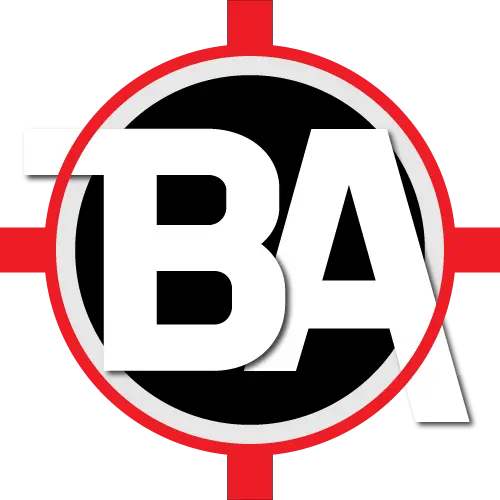
Are you curious about the Business Analysis and Business Analyst Role?
This comprehensive article helps you understand the Business Analysis, significance of the Business Analyst Role, Business Analyst Skills, Types of Business Analysts, and the Global Standard in Business Analysis.
What is Business Analysis? #
“Business analysis is the practice of enabling Change in an enterprise by defining Needs and recommending Solutions that deliver Value to Stakeholders.” (Courtesy: International Institute of Business Analysis - IIBA)
Let’s understand this definition with some examples.
- Need - A problem or opportunity to be addressed.
- E.g. Inefficient handling of customer queries
- Change - The act of transformation in response to a need.
- E.g. AI adoption for customer support
- Solution - A specific way of satisfying one or more needs in a context.
- E.g. Create AI enabled Chatbot to handle customer queries
- Value - The worth, importance or usefulness of something to a stakeholder within a context.
- E.g. Improvement in customer satisfaction index
- Stakeholder - A group of individuals with a relationship to the change, the need or the solution.
- E.g. Customers
In a nutshell, Business analysis enables an enterprise to articulate needs and the rationale for change, and to design and describe solutions that can deliver value.
Significance of The Business Analyst Role #
In an organization that uses IT and Software to automate its business processes, there may be several Software Projects being run by the IT department of the organization.
The overall objective of these software projects is to utilize IT and software in growing the business and offering technology-enabled solutions to its customers.
In any software project, there are 2 main groups of stakeholders:
- Business Stakeholders responsible for operating the business
- IT Stakeholders responsible for operating IT-enabled services and software
Business Stakeholders do not fully understand the technical know-how of a software system.
IT Stakeholders do not fully understand the business.
It will create chaos and friction in the project if the business stakeholders directly interact with the IT stakeholders to implement business needs in software and there are high chances of failure since the collaboration between the two is not effective.
So, there should be a stakeholder who understands both Business and IT to be able to bridge the gap between Business and IT stakeholders.
The “Business Analyst” role serves as this stakeholder who understands both Business and IT. A Business Analyst understands the needs of Business Stakeholders and translates them into the Requirement Specifications for the IT team (Software development team) to develop software.
Hence, the Business Analyst Role is very significant in a Software Project who acts as a Change Agent for software and collaborates effectively with Business and IT stakeholders for the success of the Project.
Who is a Business Analyst? #
A Business Analyst is a person who performs the following business analysis tasks.
- Understand enterprise problems & goals
- Analyzing needs and solutions
- Devising Strategies
- Driving Change
- Facilitating Stakeholder Collaboration
What skills are required to become a Business Analyst? #
A Business Analyst should have the following Skills or Competencies to play the role efficiently.
- Analytical Ability
- Problem Solving
- Communication
- Visualization, Presentation & Documentation
- Tools - Office Productivity, Project Management, Communication
- Technical Exposure (How Software Works) and Basic Technical Skills
- Business Acumen
- Business Domain Knowledge
- Stakeholder Management
Types of Business Analysts #
Generally, there are 2 types of business analysts.
-
Subject Matter Experts (SME) or Business Domain Experts
- They belong to a Business Department e.g. Vice President of Trade Finance Department of Corporate Banking.
- They do market research and provide market or business requirements to IT department.
- They drive overall implementation of change across the organization.
-
Technical or IT Business Analysts
- They belong to the IT department of an organization or an agency handling IT operations for the organization.
- They analyze business requirements, convert them to technical requirements and work with IT department (developers and managers) to implement those requirements in the software.
- They drive the implementation of change across the project.
- They act as a bridge between IT and Business Departments.
Global Standard in Business Analysis #
The “International Institute of Business Analysis” (better known as IIBA) is a global standards organization that shapes the practice of Business Analysis, provides foundational standards and resources, and offers internationally recognized certification programs for career development such as CBAP (Certified Business Analysis Professional), ECBA, CCBA, and much more.
Learn more about IIBA from here.
Further Reading #
Take a look at the following articles to know more about the value of the business analyst role, career options, and prospects.

